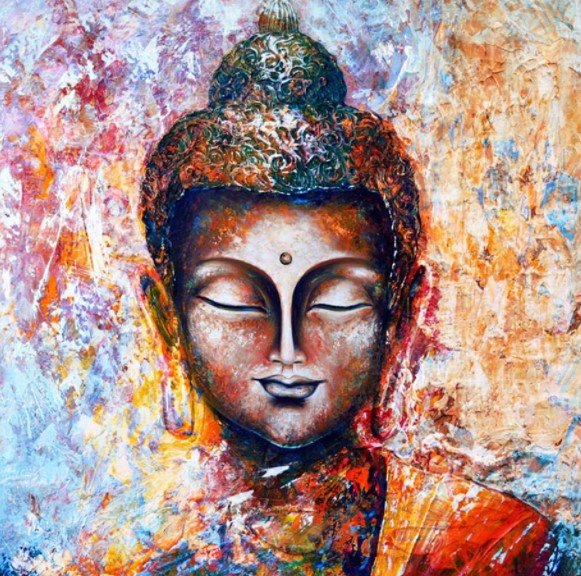Because it runs counter to everything you’ve ever been taught, you may have a difficult time accepting the basic spiritual truth that you and I have only limited control over the events in our lives. After all, isn’t the point of life to go out and “just do it,” as the old Nike ads urged? Well, yes, you need to follow your dreams and live your truth; that’s a crucial part of the equation. But when life turns around and slaps you in the face, as it sometimes does, how do you respond? (Look at the Olympic skiers who spend years in training only to have their hopes for a medal wiped out in an instant by bad weather or a patch of ice!) Or when it levels you completely and deprives you of everything you’ve gained, including your confidence and your hard-won self-esteem, where do you go for succor and support? How do you deal with the pain and confusion? What inner resources do you draw upon to guide you through this frightening and unknown terrain? Consider the following story.
One day a woman came to see the Buddha with her dead child in her arms. Grief-stricken, she had wandered from place to place, asking people for medicine to restore him to life. As a last resort, she asked the Buddha if he could help her. “Yes,” he said, “but you must first bring me some mustard seed from a house in which there has never been a death.” Filled with hope, the woman went from door to door inquiring, but no one could help her. Every house she entered had witnessed its share of deaths. By the time she reached the end of the village, she had awakened to the realization that sickness and death are inevitable. After burying her son, she returned to the Buddha for spiritual instruction. “Only one law in the universe never changes,” he explained, “that all things change and all things are impermanent.” Hearing this, the woman became a disciple and eventually, it is said, attained enlightenment.

Of course, life offers far more than sickness and death; it also presents us with moments of extraordinary love, beauty, wonder, and joy. But like the woman in the story, People in the West — and the United States especially — tend to deny the dark side of life. They relegate our old and dying to nursing homes, ignore our homeless, restrict our impoverished minorities to ghettoes, and confine our mentally ill and developmentally challenged to hospitals and asylums, while plastering their billboards and magazines with the smiling faces of youth and prosperity.
The fact is, life is a rich and perplexing interplay of light and dark, success and failure, youth and age, pleasure and pain — and, yes, life and death.
Circumstances change constantly, apparently falling apart one moment, only to come together the next.
Everything is constantly “losing its balance against a background of perfect balance.”
Shunryu Suzuki, Contemporary Zen teacher
The key to your peace of mind lies not in your circumstances, but in how you respond to them. As the Buddhists say, suffering is wanting
what you don’t have and not wanting what you do have, while happiness is precisely the opposite: enjoying what you have and not hungering for what you don’t have. This concept doesn’t mean that you must give up your values, dreams, and aspirations — only that you need to balance them with the ability to accept things as they are.
Meditation gives you an opportunity to cultivate acceptance by teaching you to reserve judgment and to open to each experience without trying to change or get rid of it. Then, when the going gets rough, you can make use of this quality to ease your ruffled feathers and maintain your peace of mind.

Give a Reply